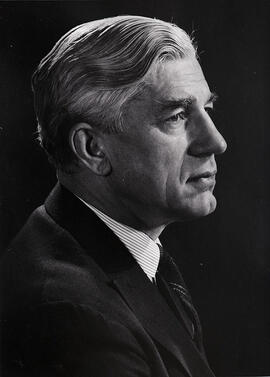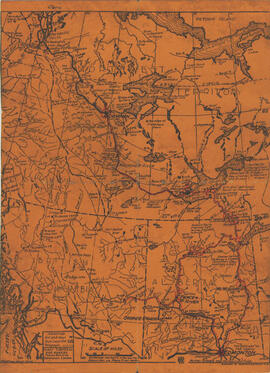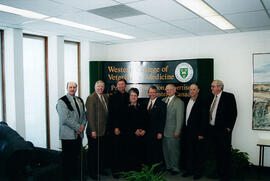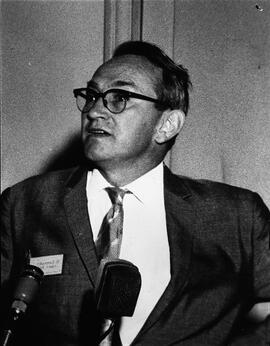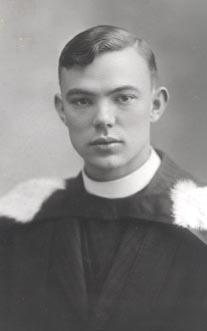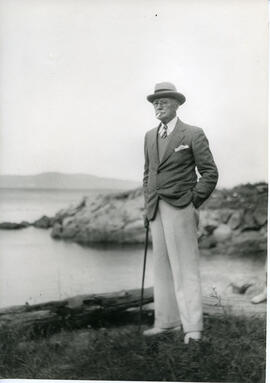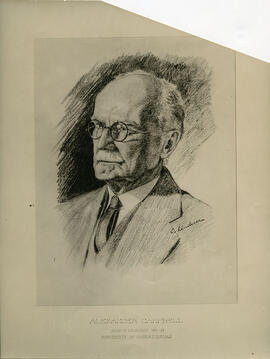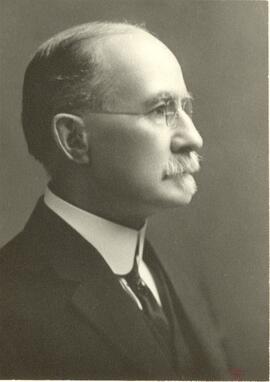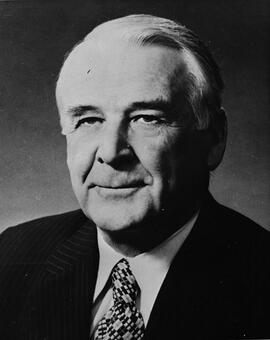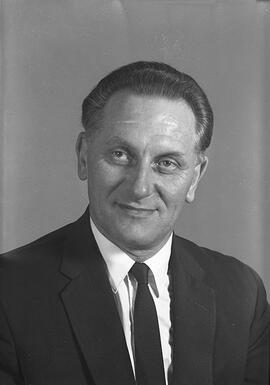- A-12566
- Item
- Mar. 1966
Head and shoulders image of Albert W. Trueman, honourary Doctor of Laws degree; likely taken at time of presentation.
Bio/Historical Note: Albert William Trueman was born in 1892 in Pennsylvania. His New Brunswick-born father John Main Trueman taught college in Connecticut, between 1907-1913. The family lived in Bible Hill, Nova Scotia after 1913, where his father taught at the Nova Scotia Agricultural College. Trueman attended high school in Truro, Nova Scotia and graduated from Mount Allison University in 1927. He finished his MA in English Literature at Exeter College, Oxford University in 1932. Truman taught high school, and then became school superintendent in Saint John, New Brunswick. He later worked a university administrator, serving as president of the University of Manitoba between 1945-1948, and president of the University of New Brunswick from 1948-1953. He was principal and dean of University College at the University of Western Ontario from 1965-1967. He was chancellor of the University of Western Ontario from 1967-1971. He returned to academic life and had an extended term as visiting professor of English at Carleton University in Ottawa from 1967-1981. Truman acted as Government Film Commissioner and chairman of the National Film Board of Canada from 1953-1957, and then as the first director of the newly created Canada Council for the Arts, Humanities and Social Sciences, serving from 1957 to 1965. In these positions Trueman made contributions to Canadian cultural policies, primarily by promoting the roles and influence of both agencies. He also served on the Board of Governors of the Canadian Broadcasting Corporation (CBC). Truman was given many honourary degrees. He was a Fellow of the Royal Society of Canada since 1964, and was invested as an Officer of the Order of Canada in 1974. Trueman wrote and edited several books, including A Second View of Things: A Memoir in 1982. Trueman died in 1988 in Toronto.

